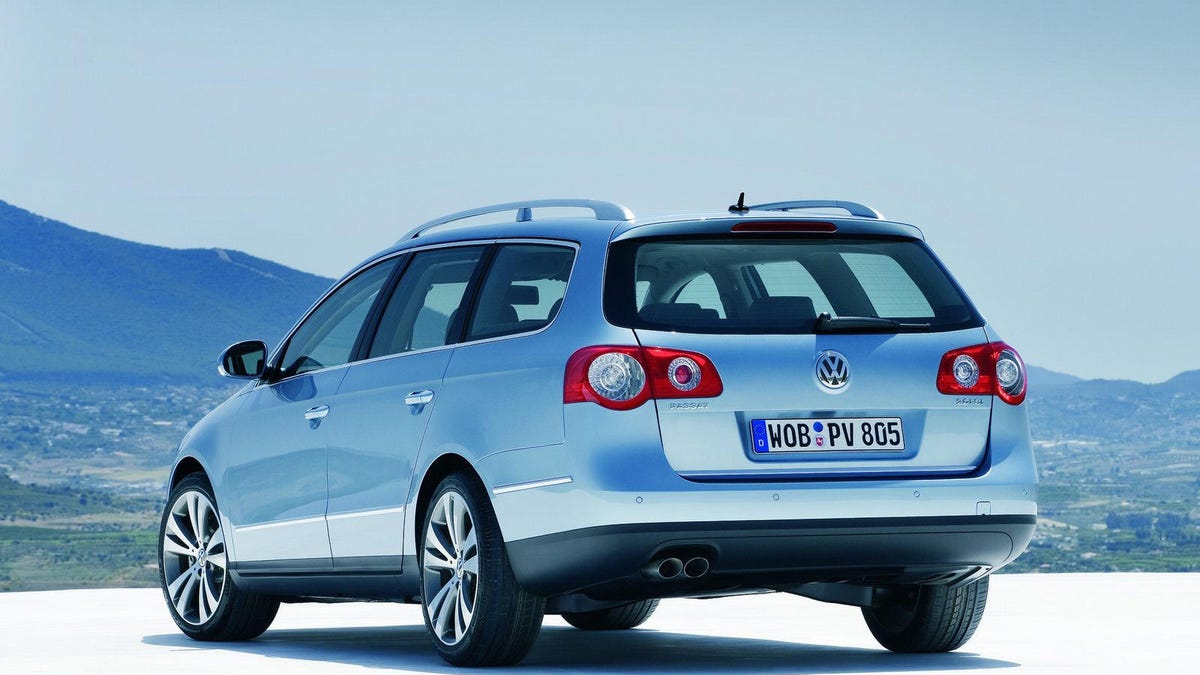Volkswagen recalls 71,000 Passats for 'final' Takata airbag fix
A light at the end of a seriously dangerous tunnel.

Volkswagen has recalled vehicles for faulty Takata airbag inflators in the past, but not every vehicle has actually had the work completed. A new recall that supersedes part of the old one hopes to button this all up for good.
Volkswagen has issued a recall for 71,335 examples of the 2006-2007 Passat and Passat Wagon. These vehicles were already recalled as part of the Takata airbag inflator scandal, and this recall overlaps that one, since not everybody had their airbags fixed the first time around.
There's no telling ahead of time whether or not a recalled Takata component has already failed, so it's in everyone's best interests to leave the cars parked until they're fixed.
So why the second recall? Volkswagen made a shift in the type of part it's installing as a replacement. The first batch of faulty Takata airbags was replaced with parts using similar propellants (desiccated ammonium nitrate). VW has now shifted to an entirely new type of inflator that uses guanidine nitrate propellant, and so the remaining vehicles that haven't had their airbags replaced will have them replaced with this new type of part.
No matter what's inside the inflators, all the replacements for Passats are labeled final, so whether you're packing desiccated ammonium nitrate or guanidine nitrate, the replacement parts aren't temporary. Due to parts shortages and other factors, some automakers could only offer temporary replacements to begin with.
Takata entered the news when it was discovered that its airbag inflators could turn deadly. Moisture buildup caused some of its non-desiccated ammonium nitrate airbag inflators to explode in a cloud of shrapnel instead of actually inflating the airbag during a collision. Multiple fatalities and injuries have been linked to the parts, and automakers suggest that people with these faulty airbags should not drive their vehicles until they've been fixed.
Dealerships have already been notified, and letters are being sent to affected owners via first-class mail between April 30 and May 4. Getting the airbag replaced is as easy as scheduling a trip to the dealer.

